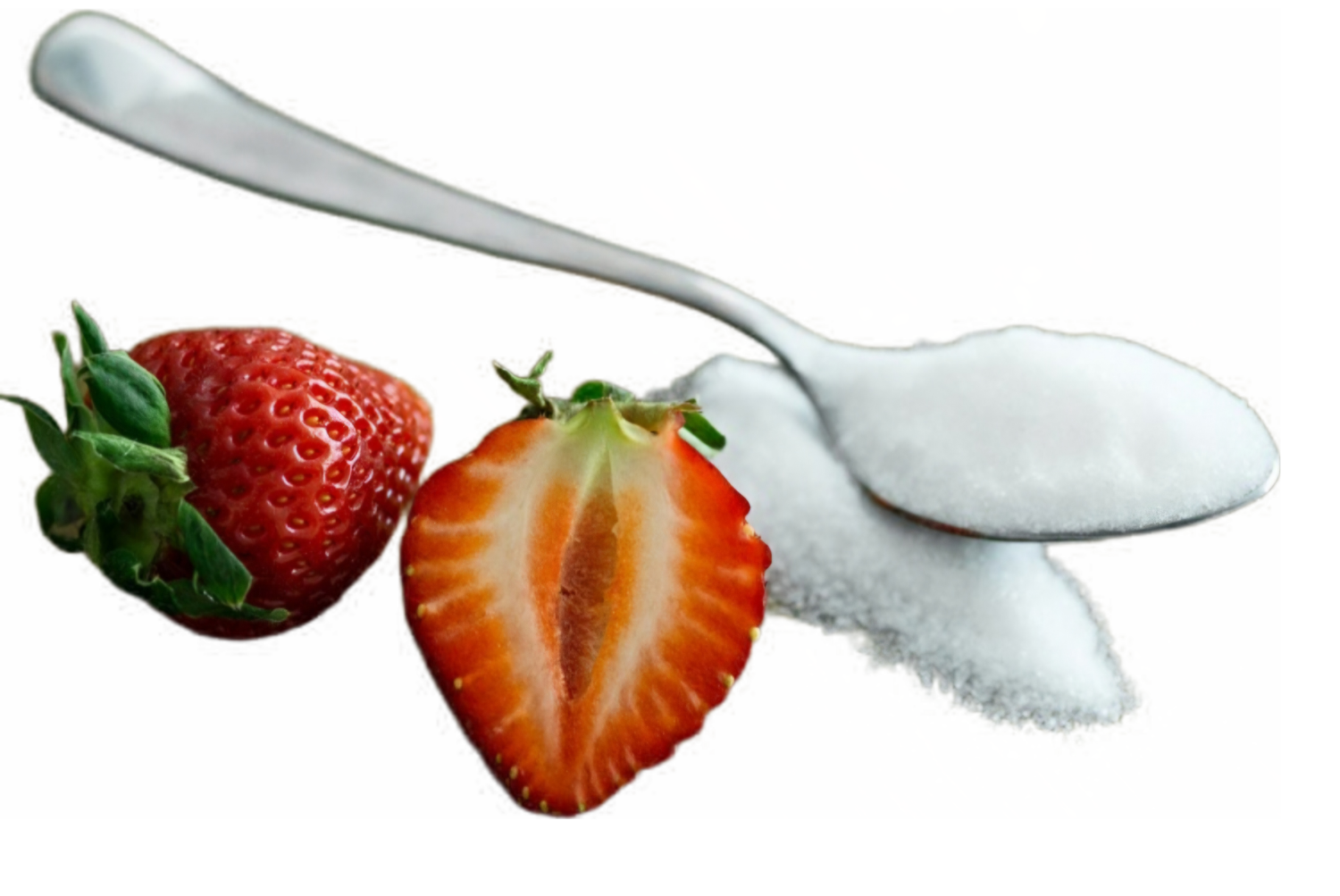
Everything you need to know about allulose: the low-calorie sweetener
Store AllulosePage audition
Source: Bioway Organic Group Limited, Apr 24, 2023.
In the world of health and wellness, it is essential to constantly monitor what we eat and drink.
This is especially true for those trying to manage their weight or who struggle with conditions like diabetes.
One area that has received a lot of attention recently is sweeteners.
Finding the perfect sweetener alternative that doesn't add calories or spike blood sugar levels has been no easy task.
Fortunately, scientists are working tirelessly to find sweeteners that meet these requirements, and one of the most promising of these efforts is allulose.
Allulose is a low-calorie sweetener (LCSS) that looks like real sugar but contains fewer calories.
The FDA recognizes allulose as a safe and natural product with no known side effects.
In this blog, we will take an in-depth look at allulose and examine all its benefits, how it works, and why it has become popular in recent years.
What is allulose?
Allulose is a naturally occurring sugar found in small amounts in certain fruits.
It contains less than 5 percent of the calories of regular sugar and, unlike sugar, does not cause a significant spike in blood sugar levels.
For this reason, it is an ideal sweetener for diabetics, those on weight control programs, and those who want to reduce their sugar intake.
Allulose is a rare sugar that is similar in structure to fructose, so it looks and tastes the same as sugar, but has a much lower calorie content.
Although it is only 70 percent as sweet as regular sugar, it has only 10 percent of the calories, making it an excellent alternative for those looking to lose weight.
How does it work?
Unlike regular sugar, allulose is not metabolized or stored in the body.
It is rapidly absorbed into the bloodstream and excreted through the kidneys without altering blood sugar or insulin levels.
In other words, allulose does not affect the glycemic index, which is a measure of how quickly a food raises blood sugar levels.
The body does not recognize allulose as sugar, so it does not trigger the same insulin response as regular sugar.
Instead, allulose goes straight to the liver, where it is metabolized into energy.
This makes it an ideal sweetener for those watching their blood sugar levels, as it has no effect on glucose or insulin.
Benefits of allulose
Allulose has several benefits that make it beneficial for those on weight loss or treatment programs, diabetics, and those looking to reduce their sugar intake.
Here are some:
1. Low calorie content
Allulose contains only 0.2-0.4 calories per gram compared to regular sugar, which contains 4 calories per gram.
This makes it a low-calorie alternative to sugar, which can help with weight control programs.
2. Does not raise blood sugar levels
Allulose has a glycemic index (GI) of zero, meaning it does not raise blood sugar levels.
An ideal sweetener for diabetics or those on a low-carb diet.
3. No bitter aftertaste
Allulose has a clean and sweet taste that is similar to regular sugar, and it does not have the bitter aftertaste often associated with other sweeteners.
4. Safe for consumption
Allulose is safe to consume and, unlike other artificial sweeteners, is recognized by the Food and Drug Administration as a naturally occurring sugar.
5. Improves digestion
Allulose has been shown to aid digestion and relieve constipation, making it a useful ingredient in health supplements.
Uses of allulose
Allulose can be used as a sugar substitute in several ways, including baking, cooking, and making beverages.
It can also be used as an ingredient in protein bars, dietary supplements, and other health foods.
Here are some ways to use allulose:
1. Baking
Allulose can be used in baking like regular sugar.
However, because allulose is less sweet than sugar, you may want to increase the amount used in recipes to achieve the desired sweetness level.
2. Drinks
Allulose can be added to hot or cold beverages, such as coffee, tea, or smoothies, to sweeten them without adding extra calories.
3. Cooking
Allulose can be used in cooking instead of sugar. It is especially useful for foods that require caramelization, such as glazes or sauces.
Conclusion
Allulose is a safe, low-calorie sweetener that has become increasingly popular in recent years.
It has no known side effects and does not raise blood sugar levels, making it an ideal alternative to sugar in many recipes.
It can be used for baking, cooking and making drinks, and is especially useful for those on weight loss and other treatment programs, or who suffer from diabetes or other conditions.
With all its benefits and uses, allulose is undoubtedly a sweet alternative worth considering .


